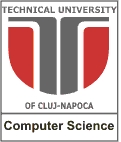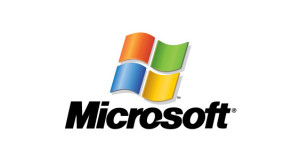Welcome
You are cordially invited to participate in the ICCP 2008, to be held August 28 - 30, 2008 in Cluj-Napoca, Romania.
At ICCP 2007 the program committee selected 48 papers from 91 submissions. The papers were indexed into the IEEE Xplore digital library.
Important
July 1st is the HARD deadline for the Final Camera-Ready paper
Final camera-ready papers should comply with IEEE formatting (8.5"x11", two-column) and NOT exceed 8 pages for full papers and 4 pages for short papers. To make the paper available through IEEE Xplore, it is mandatory that all authors submit a final PDF file that is compatible with IEEE Xplore and the IEEE copyright form. This compatibility is described in IEEE-PDF-SpecV401.pdf. Alternatively, you may use the following job options file to set Adobe Distiller to the correct requirements: xplore_distiller_files.zip. After checking the compliance with the IEEE format, they should be uploaded via the submission system.





